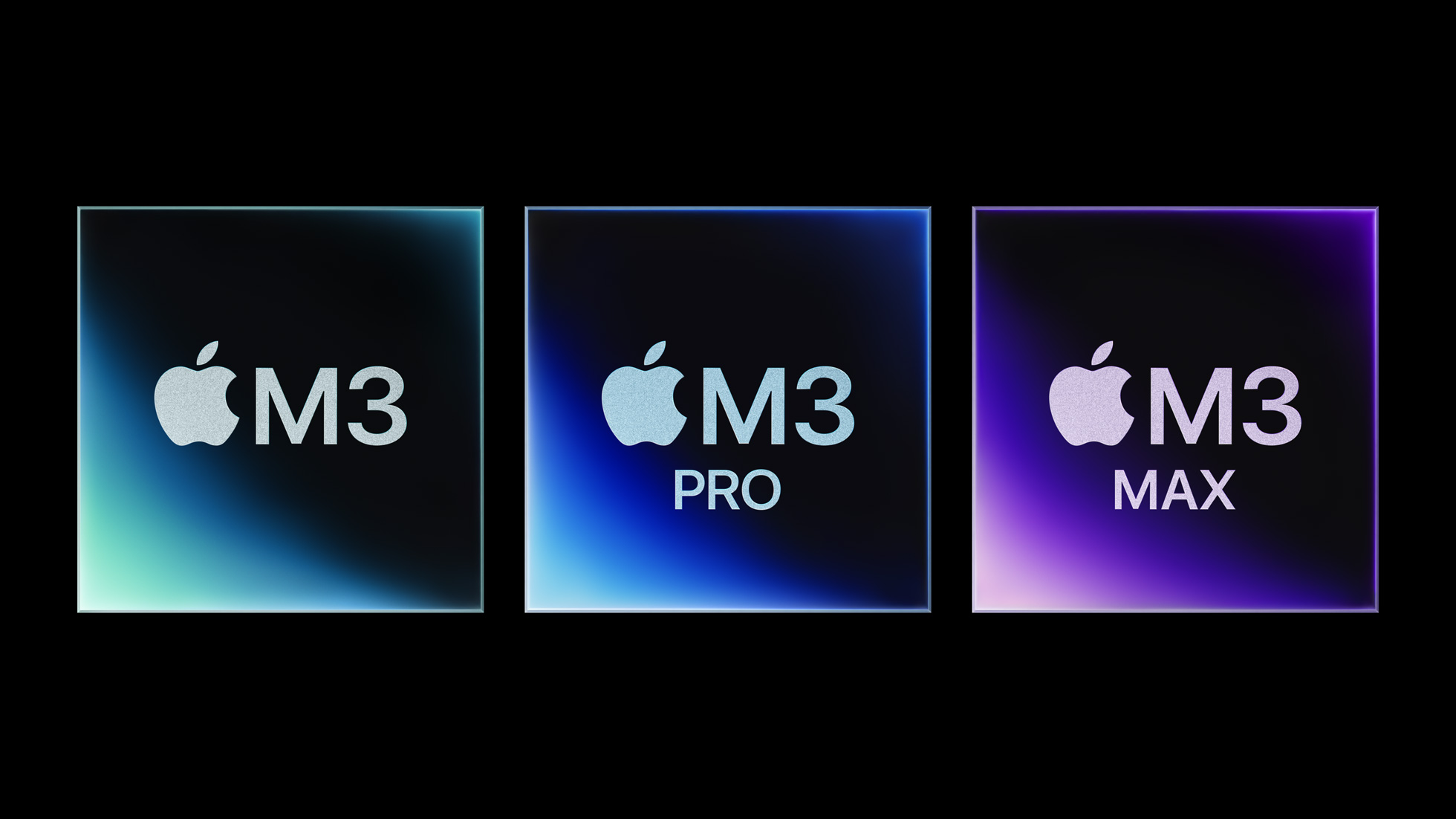
Apple's recently-launched M3 and M3 Max processors are faster than their predecessors and can challenge their respective rivals from AMD and Intel in Geekbench 6, according to published and leaked benchmark scores. Higher performance is enabled by considerably higher clocks as well as increased core count. That said, Apple's high-end workstation SoCs still cannot compete against workstation-grade offerings from renowned CPU developers.
Ever since Apple started to develop its own general-purpose cores over a decade ago, it focused primarily on power efficiency — which is why its microarchitectures were tailored for high instruction level parallelism, with their eight-wide decode block, rather than for high clocks. The company's M-series processors feature cores derived from smartphone-oriented A-series SoCs and have a similar sheer width, but can run at higher frequencies due to higher power budgets.
It looks like the company maintained its paradigm with its latest A17 Pro and M3-series processors, but with PC-oriented chips it could run them at a very high clock of 4.05 GHz — a significant increase from the 3.49 GHz of the M2-series, which is a result of using TSMC's N3 fabrication technology.
As a result, Apple's M3 and M3 Max (reviewed by Nanoreview.net) offer Geekbench 6 single-thread performance comparable to that of AMD's Ryzen 9 7950X (which runs at up to 5.70 GHz) and Intel's Core i9-14900K (which runs at up to 6.0 GHz), which is quite an achievement. On the one hand, it is also evident that when it comes to raw performance, sheer frequencies of gaming CPUs enable it to be considerably ahead of Apple's M3 SoCs despite the fact that the latter are made on TSMC's leading-edge N3 process technology (3nm-class). On the other hand, Apple's M3 and M3 Max deliver comparable performance at a fraction of the power (at the end of the day, these are processors designed primarily for notebooks) and at a circa 30% lower frequency.
When it comes to multi-threaded workloads, results of Apple's M3 and M3 Max are a mixed bag in Geekbench 6. M3 cannot beat either AMD's Ryzen 7 7700 or Intel's Core i5-14600K, both of which of course consume considerably more power. Meanwhile, Apple's 16-core M3 Max delivers results comparable to those of AMD's 16-core Ryzen 9 7950X and Intel's 24-core Core i9-14900K, which is not bad at all.
There is another aspect we could look at. Apple's M3 Max will be used not only for Apple's MacBook Pro lineup, but also for desktop Apple Studio workstations. Those machines are going to compete against workstations based on AMD's Ryzen Threadripper 7000 and Intel's Xeon W9-3400-series processors with vast core counts and we can only guess which platforms deliver better results. We are eager to see what the M3 Ultra — probably consisting of two M3 Maxes with 32 CPU cores in total, will be capable of.
It is important to note that Geekbench 6 is a synthetic benchmark, and may not always accurately represent performance in real-world applications. However, it does offer a taste of computational capabilities of CPUs without using specialized accelerators. Apple, on the other hand, typically incorporates a multitude of specialized accelerators in its M-series SoCs, with the M3-series being no exception. As a result, these processors may not require exceptionally high clock speeds or an extensive number of cores to deliver impressive performance across a variety of workstation-grade tasks.
Still, with extreme core counts and very high frequencies, AMD's and Intel's workstation processors pack exceptional power, enabling them to manage even the most challenging workloads with ease. That said, it makes sense to wait for comprehensive reviews of the top-tier MacBook Pro and Mac Studio systems before making a proper assessment of how the new M3 Pro/Max/Ultra processors compare to their AMD and Intel counterparts.

.png?w=600)





